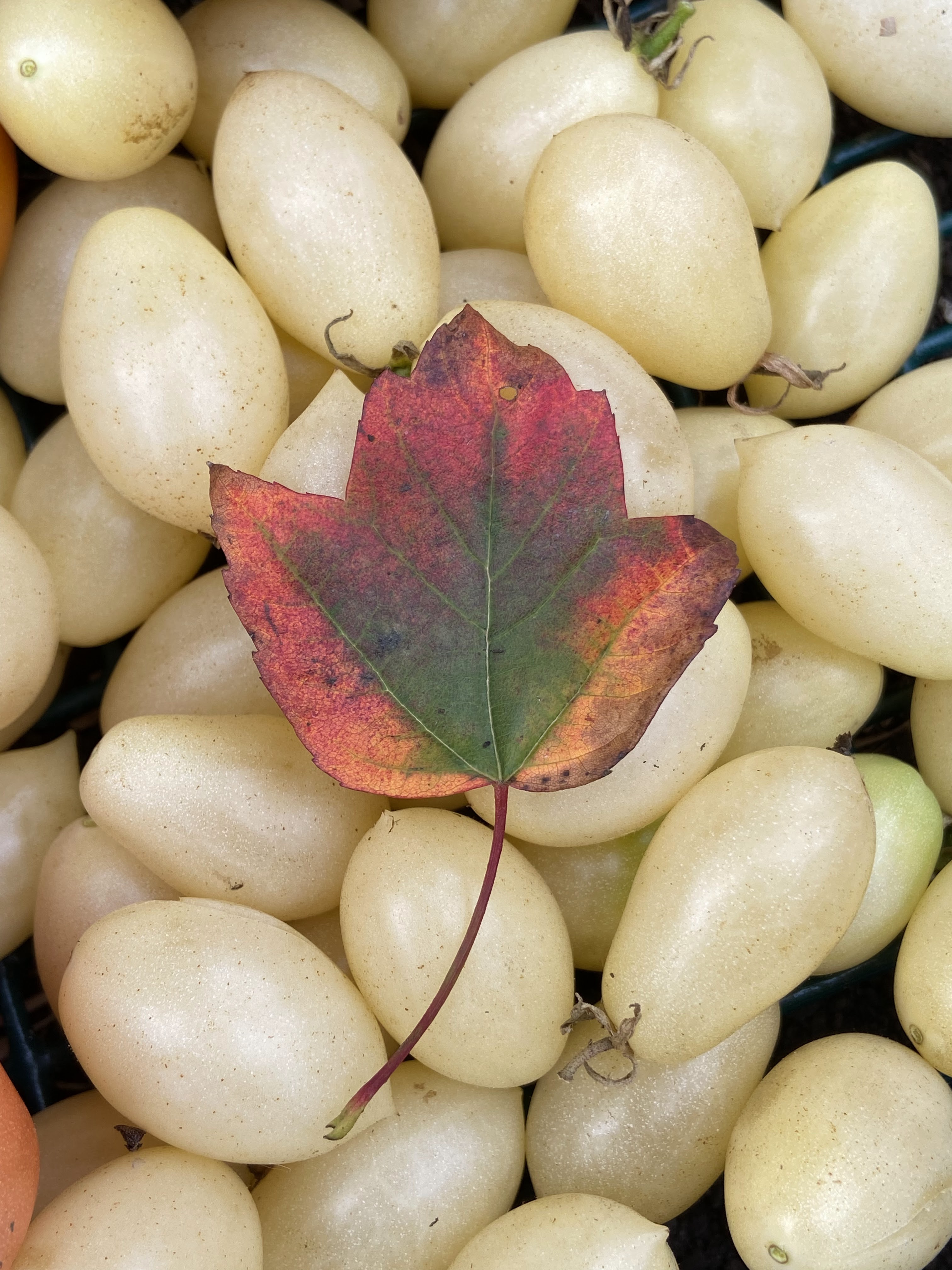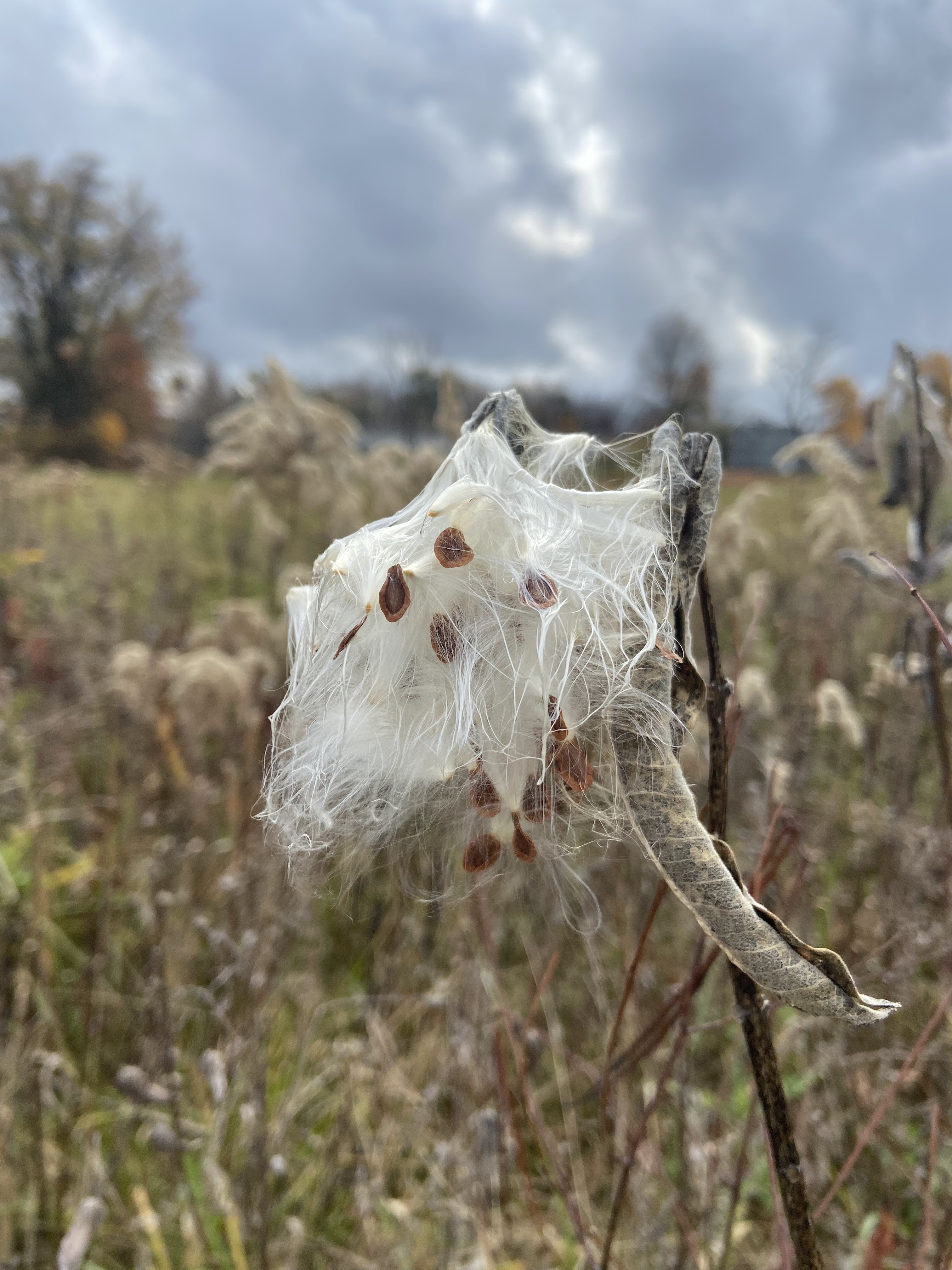Your cart is currently empty!
Making the Most of Shorter Days

Lost time is never found again.
– Benjamin Franklin
Sunday we lost an hour. You know, the colloquial “spring forward, fall back?” We’re in the losing half of that equation. Sunset comes an hour sooner now. A whole hour lost to the notion of time.
As we enter the first full week of November sunrise comes just after seven each morning. Sunset is around a quarter past five. That leaves us with just over ten hours of daylight each day. And each day we’ll lose around two minutes more until we reach the winter solstice on December 21. That marks the shortest day, and therefore the longest night, of the year.
It can be challenging to get things done on such a short schedule. There’s always work to be done at the homestead. That can be complicated when it is dark when we leave for work at an off-farm job and dark again when we return. But there are days to get things done. Days where working for others does not intrude. And in those days we have to make the most of the time we have while we have it.



This week saw the final closing out of the garden. The garlic and onion beds are mulched with straw, ready to overwinter next year’s crop. The last mow of the season is complete. The last of the year’s leaves (hopefully) are mulched, raked, and spread out over the bulb beds in the back yard. Our hoses are drained and rolled. A last layer of wood chips is thrown down in the chicken run. And the Halloween pumpkins have found their way into the compost pile.



With the shorter days our chickens have begun to slow egg production. Where our 14 hens saw a height of nearly a dozen eggs a day earlier this fall, now some days we see as few as six or seven. Without at least 14 hours of daylight chickens naturally lay fewer eggs. This is nature’s way of ensuring that chicks are raised in spring and summer when the weather is warmer and the chicks have a greater chance of reaching adulthood. While we could stimulate additional egg production by placing artificial light in the chicken coop, for now we are content in letting nature take its intended course.



The goats are noticeably scruffier in this season. Their winter coats are coming in. Their natural coat consists of two layers. One with longer, coarse hairs. The other is a warm, insulating layer soft like cashmere. While they’ll not need any additional heating in their shelter, keeping access to water will be a challenge should we have a particularly hard winter. Likely we’ll be carrying buckets of warm water to their trough throughout the day in the coldest weather.



This is the time of year when our efforts in canning and preserving also begin to pay dividends. Whether from the freezer, from a jar, or from a crock, we’re enjoying the fruits of our labor. In the past couple of weeks we’ve experimented with dehydrated apples and bananas using our new Weston 6-tray food dehydrator. We’ve also sampled the delicious kimchi that Christine had been fermenting, first in a crock and now finishing in smaller jars. Soon we’ll try the first batch of water glassed eggs, but for now we’re making quiche with the abundance of fresh eggs our hens provide.



As always, we try to make room for play in our schedule as well. Especially in the fall. On Sunday we travelled to the north side of nearby Akron to explore a new park and trail along the Cuyahoga River. While not quite in the footprint of the nearby Cuyahoga Valley National Park, the Cascade Valley Metro Park, managed by Summit County Metro Parks, is a beautiful area to explore with miles of trail, scenic vistas, and restored riparian corridors. The site was once a golf course. I’m glad to see that the park district purchased the land instead of a private developer. In areas of such high population density, it is good to see that some land is set aside for recreation and a habitat for the area’s remaining wildlife.




That’s what we’ve been up to this week, both on and off the homestead. How are you making the most of your time this season? Share with us. We’d love to hear from you!